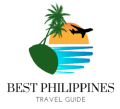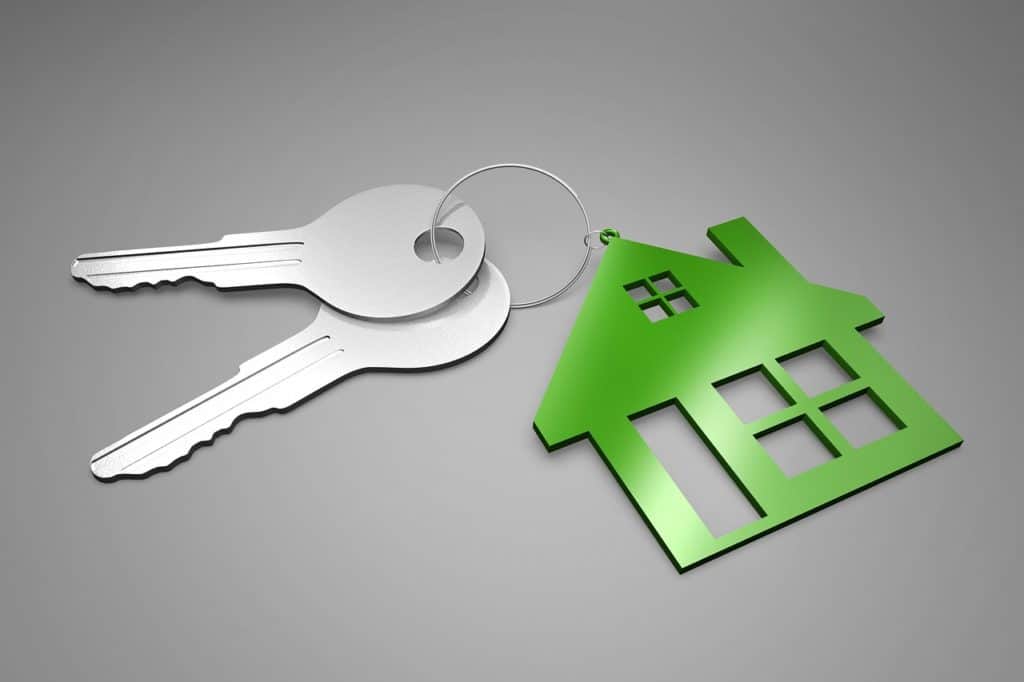One of the most visited countries in Southeast Asia is Vietnam and it is a fashionable destination and it is especially suited for honeymoons after Thailand and Japan in Asia.
Vietnam is one of the most beautiful travel destion that everyone must vist atleat once in a life time.
The visa process for Vietnam varies from country to countrey like Vietnam Visa in Hong Kong
Landscapes such as Halong Bay or cities full of contrasts such as Hanoi, the city with the most motorcycles in the world, or its terraced rice fields give the country some unique incentives to get to know it.
In this article, we will give you all the necessary information that you have to know before traveling to this wonderful and friendly country.
Tips for traveling to Vietnam
1.- Is a visa required to travel to Vietnam?
There are several Southeast Asian countries where you do not need to apply for a visa before arriving in a country such as Laos, Cambodia or Indonesia, but to enter Vietnam you need to apply for a visa before traveling.
It is necessary to have the passport in order and with 6 months of minimum validity.
In addition, you must have the exit ticket of the country and sufficient funds, and as in many countries, you must declare any amount greater than 3000 dollars.
Finally, on the plane before landing you will be given a form that you must fill in with the information related to your trip, such as a hotel in which you are staying, the number of days you stay in the country, etc.
This form will be requested again when you arrive at customs control.
2.- What vaccines do I need to travel to Vietnam?
Depending on your country of origin, the need for vaccines varies, so it is best to approach the tropical medicine unit in your community.
Normally, if you are going to go to the most famous tourist areas, you just need a vaccine and an antibiotic.
You have to do it with enough time since if a vaccine is necessary, it needs a period of time to be effective.
3.- Take out travel insurance for Vietnam.
This may be the most important advice you have to know before traveling to Vietnam.
It is very important to take out travel insurance for the number of days you are going to stay in the country.
You may think that nothing will happen to you on travel, but you cannot be sure that you will be 100 percent safe, so make sure you take out good travel insurance that covers everything, including transfers and repatriations.
4.- Where to change the currency in Vietnam?
The official currency of Vietnam is the Dong, although it is more important to have dollars because in that country they accept them without problems.
The Dong is especially useful for small purchases at local stores, or for street foods whose dollar value is minimal.
In most restaurants they accept credit cards, but if you are going to eat at street stalls it is advisable to bring some local currency or, at least, dollars.
5.- Which is the best time to visit Vietnam?
The weather in Vietnam is clearly conditioned by winter and summer monsoons.
The summer monsoon that goes from April or May to October brings tremendous humidity and heat; We advise you not to travel to Vietnam in July.
That is why the best time to travel to Vietnam is in the months of April, May, October, and November, at the beginning of the monsoons.
6.- How to get around in transport in Vietnam?
Many times the issue of transport is one of the scariest things which makes us to worry when traveling.
There are many doubts that arise because they are not always of quality, they may not speak English and the price for travelling to different places..
If you want to avoid all kinds of problems, you can always hire them online, either transport from the airport to the hotel or simply transfers from one place to another.
Transfers in Vietnam here
However, if you prefer to go on an adventure, the best way to move within cities is the tuk-tuks, which for very little money takes you anywhere, the only disadvantage is speed and of course, you do not have air conditioning that in times of heat be very grateful for some fresh air.
There is another option to get around the big cities like Hanoi, Hoi An, Sapa or Ho Chi Minh City which is to hire a guided tour that takes you by car with water and air conditioning and it is the best way to know the history of each city which is told by a local person who always has a more interesting point.
Here you can hire it
Also, if you dare, you have the option of renting a motorcycle, but beware that in large cities it is not an easy task to drive with it.
To move between cities in Vietnam there are several means of transportation, and one of the most used is the night train, but it must be said that communications within the country are very bad.
7.- What to eat in Vietnam?
This is one of the facts that people enjoy in general during the trip through Southeast Asia, and more specifically in Vietnam.
Do not be afraid to eat in street stalls, as long as you see that there are enough people eating since that is a symptom of freshness which means food is prepared fresh.
Our advice is that you should dare to try all kinds of meals, without prejudice, and enjoy savoring each dish.
Most of the time in these street restaurants you will have to choose meals by sight since there are not many Vietnamese people who speak English.
It is a great experience to eat with chopsticks sitting on those mini-chairs and with mini-tables full of food and different dishes.
In addition food is very cheap, you can spend 3 or 4 dollars and you can eat anything you want.
8.- Where to stay in Vietnam?
Staying in Vietnam is very cheap, especially when you leave the big cities, and you usually have no trouble getting a hotel, even without a prior reservation.
In any case, having such low prices, it is a country where you can afford very good hotels at a very affordable price.
Beware of booking very cheap rooms because quality standards in hotels below 3 stars are very low.
9.- What clothes to wear in Vietnam?
It is advisable to wear comfortable clothes, sunglasses and also have to keep in mind that although it is hot, it is necessary to wear the shoulders and pants covered below the knees to enter the Buddhist temples.
If you are going to wear tank tops, you should always carry a handkerchief or pareo to cover your shoulders.
Important: if you go in hot weather, take sunscreen and a bottle of water with you always.
10.- Is Vietnam a safe country to travel to?
Vietnam, as almost all of Southeast Asia is a very safe country, you won’t feel insecure anytime while travelling to this country. The people are very friendly and they always welcome you all over the country with a smile.
It is only necessary to take the basic security measures that you would have in any country, since as in all the cities of the world, in some tourist areas there is always pickpocket.
11.- How to cross the streets in Vietnam?
We give you very important advice to survive if you are a pedestrian in the old town of big cities, such as Hanoi.
Forget about traffic rules, because in Vietnam in practice they don’t exist.
The fact that you see a zebra crossing does not mean that they will give you the step to go through it, the only thing they respect, more or less, is the zebra crossings that have a traffic light
When you want to cross, just look and start walking slowly at a constant pace, looking in the direction where the bikes come from.
You will see how the motorcycles begin to draw you like a river does with the stones that it finds in its path.
12.- Should we tip in Vietnam?
It is advisable to leave a tip, especially in restaurants and in the hotel porters.
Their salaries are usually very low and they will always appreciate those tips.
13.- Should we haggle in Vietnam?
When you go shopping at any street stall of clothing, if you have to haggle, and the ideal price is usually less than half of the price but it will depend on your skill.
If you are going to travel in a tuk-tuk, you must haggle the price.
14.- Is there WIFI?
In hotels of at least 4 stars they usually have a good Wi-Fi connection, but in restaurants in cities, it is already more difficult to find it.

